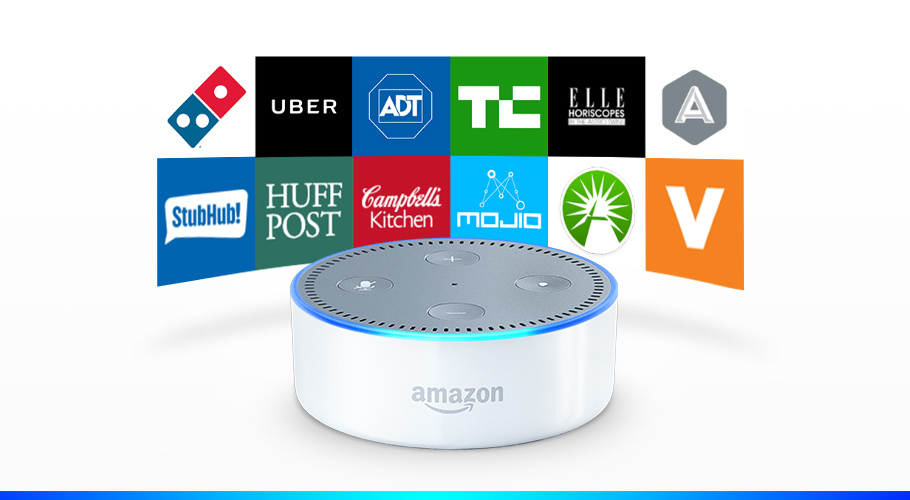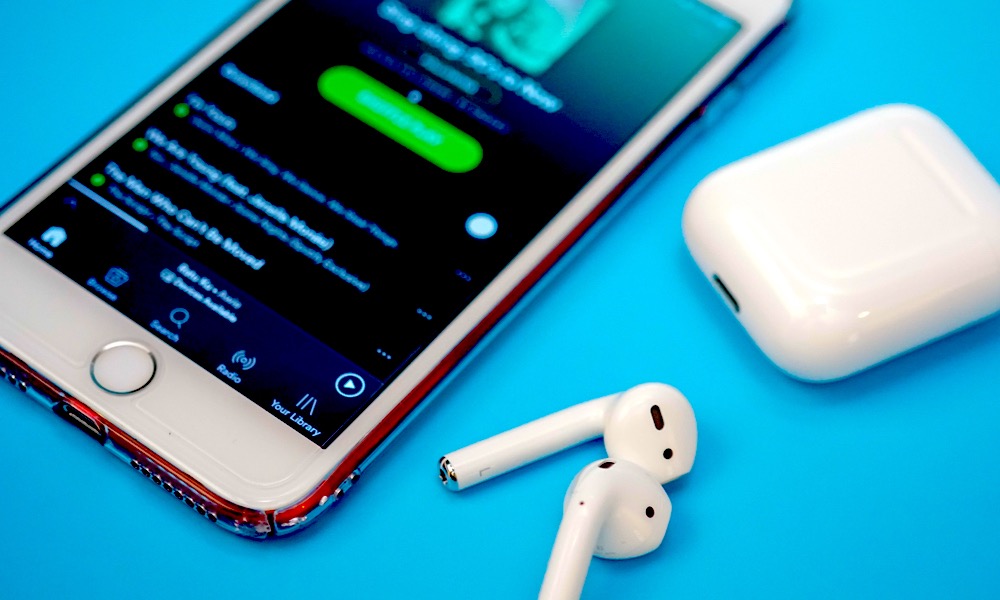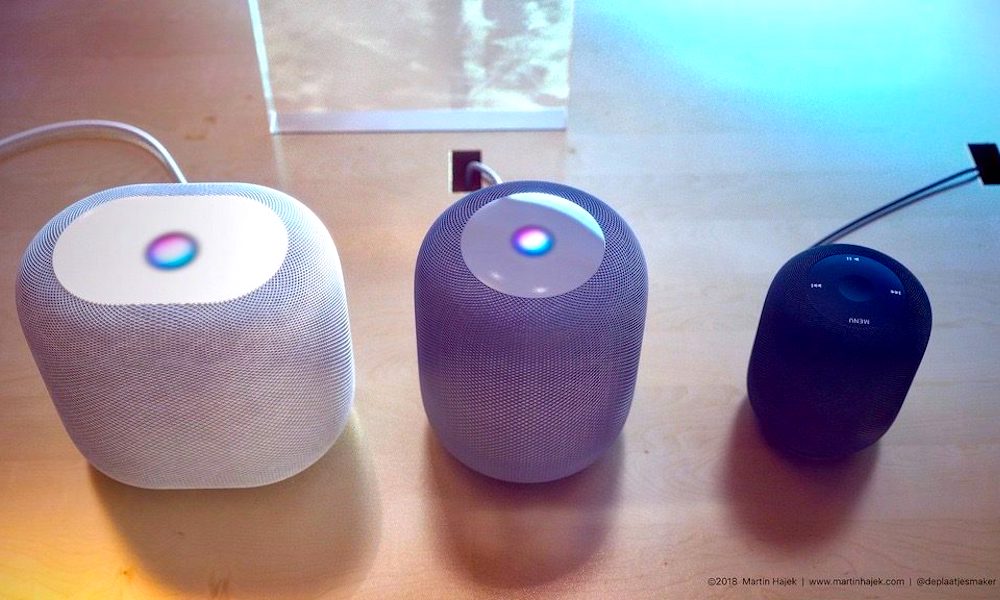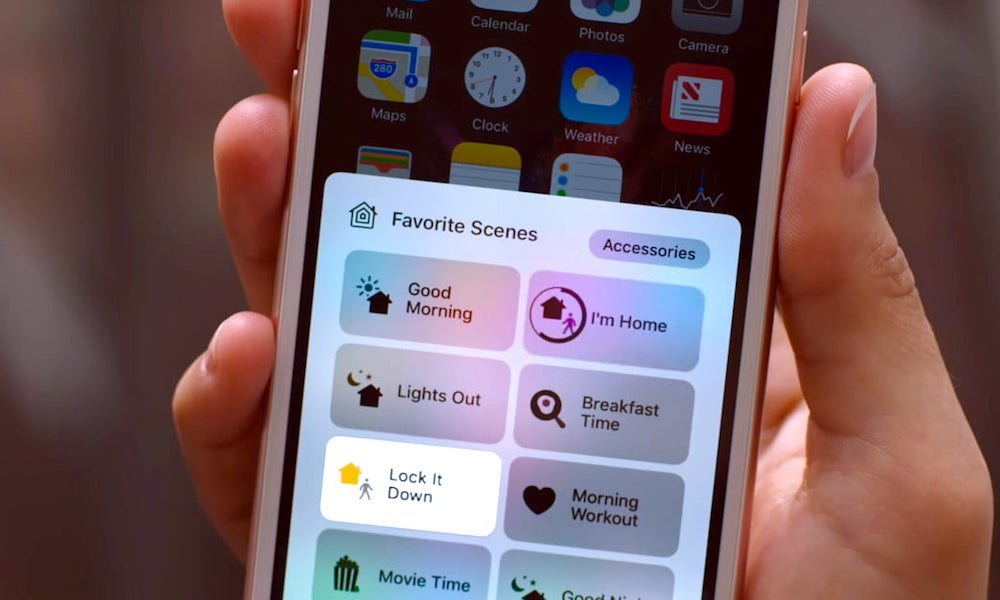5 Major Changes Apple Needs to Make to Its HomePod Speaker
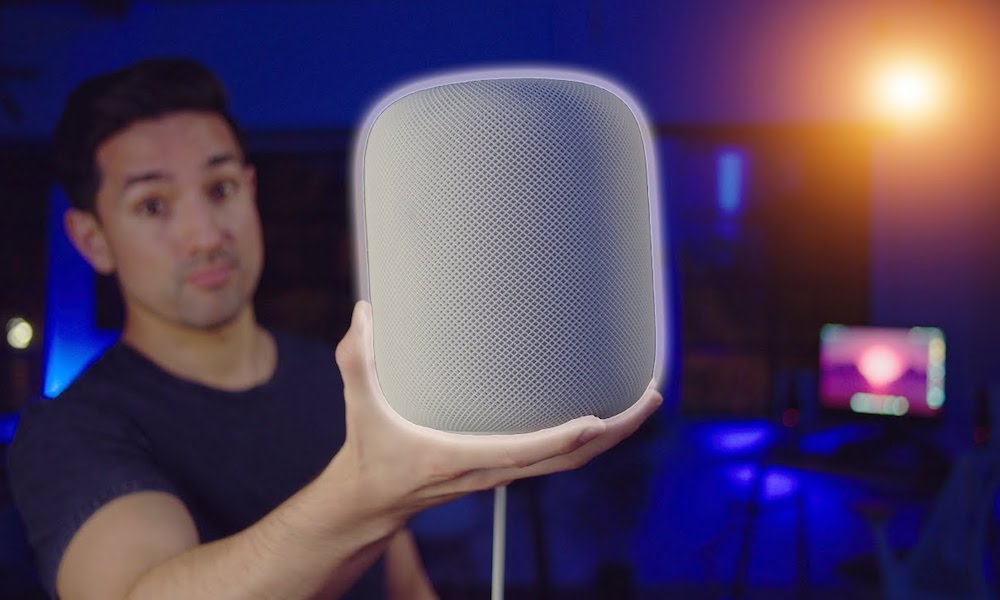 Jonathan Morrison
Jonathan Morrison
Apple’s HomePod smart speaker is not a market dominator like some of the company’s other products. A new report suggests that, while the smart speaker market has grown, HomePod has largely struggled to keep up with competitors.
According to Consumer Intelligence Research Partners, HomePod makes up about 6 percent of the market share (Google and Amazon make up the other 24 and 70 percent respectively). While Apple won’t be able to take back signifiant market share overnight, there are a number of things it can do to make HomePod more competitive — and just generally better. Continue reading to learn 5 Major Changes Apple Needs to Make to Its HomePod Speaker.
Create a High-Quality ‘Skill’ Store
Apple’s App Store is arguably one of the best in the tech industry. It consistently features safer and higher quality apps, and most developers choose to launch on iOS before others platforms. There’s no reason Apple can’t have a similar platform for Siri skills.
One of the reasons Alexa is so versatile as a digital assistant is because Amazon allows third-party developers to create skills. That adds an incredible amount of value and usability to the platform — from simple skills covering smart home controls to guided meditation and workout skills.
Of course, most of said skills aren’t that great. As such, Apple has a real opportunity to take what it’s learned from the App Store and apply it to a “Skill Store.” But before that happens, Apple needs to add support for developers to create their own skills for the platform.
Add More Support for Third Party Platforms
One of the biggest strengths of Amazon’s Echo speakers and its Alexa digital assistant is that they actually play nice with third-party systems. Don’t want to use Amazon Music? You don’t have to — Alexa also supports Spotify and Apple Music.
But for HomePod users who aren’t Apple Music subscribers, the options are much more limited. In fact, the only way to play third-party streaming services is to use AirPlay 2. Without Siri voice command support, that’s hardly an ideal solution.
Luckily, Apple seems like it’s easing up on its “walled-garden” ecosystem just a bit. Just look at AirPlay 2 and HomeKit support for third-party TVs. Apple just needs to take into account that some people do and will always prefer Spotify over Apple Music.
Make It Cheaper (Or Make a Cheaper One)
Compared to most of the other smart speakers on the market, HomePod’s $349 price tag is fairly prohibitive. HomePod may be one of the best sounding speakers, but that doesn’t matter if no one is buying it.
But Apple just can’t compete in the sphere when some Amazon Echo Dot devices retail for not much more than $20. And if it doesn’t want to make its primary HomePod less expensive, the least it could do is debut a lower-priced alternative as a separate option.
HomePod isn’t necessarily aimed at the same market segment as the Echo Dot. But consider the fact that most people are buying the budget-friendly Alexa device over Amazon’s pricier options like the Echo Show. The demand is pretty clear.
Expand Its Smart Home Abilities & Support
Compared to Alexa and Google Assistant, Siri and HomeKit fall behind on smart home controls. Even though Apple has made improvements, like removing the specialized chip requirement for HomeKit support, there’s still progress to be made.
There are a number of ways Apple could do better in this area. For one, it needs to embrace the most important factor of smart home infrastructure: universality. Smart homes, when at their best, should be able to be controlled on any device, using any platform or digital assistant.
Similarly, Apple’s security standards are the strictest in the business, which means that manufacturers don’t deploy HomeKit-compatible devices as quickly. Security is great, but the list of devices supported by HomeKit will always lag behind competitors unless some type of compromise is made.
Significantly Improve Siri
Siri, at times, can feel vastly underpowered and less capable than Google Assistant and Amazon Alexa. Essentially, Siri needs a significant upgrade to remain relevant. Of course, this isn’t necessarily a HomePod problem — it’s a Siri problem.
But saying Siri just needs to be “improved” is really vague. What Apple should do is analyze what makes Google Assistant or Alexa strong digital assistants and apply those ideas to its own platform.
To be clear, Siri may just be more accurate in performing tasks and answering questions than Alexa. But it doesn’t have the capabilities of third-party skills and support. On the other end of the spectrum, Google Assistant is the one to beat when it comes to accuracy. Luckily, Apple is hiring more people to help make Siri better.

